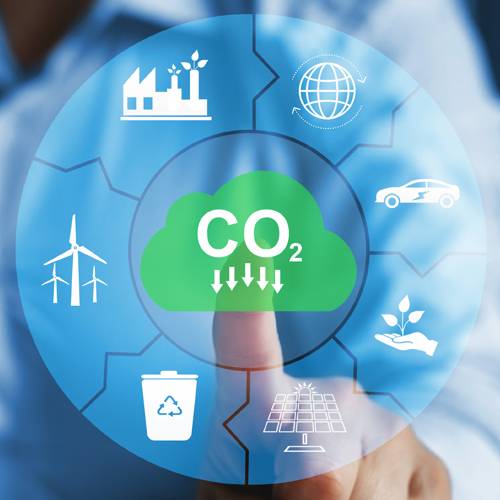The freight transport sector is facing major environmental challenges. However, synthetic fuels are emerging as a promising solution to make this industry more sustainable. In this article, we explore the benefits of synthetic fuels in freight transport and their potential to reduce greenhouse gas emissions.
Synthetic fuels: a green alternative:
Synthetic fuels, produced from renewable sources, offer an environmentally friendly alternative to traditional fossil fuels. By using renewable raw materials such as solar or wind energy, these fuels can significantly reduce CO2 emissions in the freight transport sector.
Compatibility with existing infrastructure:
A major advantage of synthetic fuels is their compatibility with existing transport infrastructures. Unlike other alternative fuels, such as electricity or hydrogen, e-fuels can be used in conventional internal combustion engines without the need for costly modifications. This facilitates the transition to these new fuels without disrupting freight transport logistics.
Greater autonomy for efficient logistics:
Synthetic fuels offer a high energy density, which guarantees greater autonomy compared with other alternatives. This is essential for freight transport, which often involves considerable distances without easy access to recharging or refuelling facilities. Thanks to synthetic fuels, transport vehicles can maintain their efficiency and flexibility while reducing their carbon footprint.
Technological advances and government support:
Technological advances in the production of synthetic fuels have reached a level of maturity that allows large-scale production at a competitive cost. In addition, governments and industry players are taking steps to support the adoption of synthetic fuels in freight transport, notably through tax incentives and subsidies.
The future of synthetic fuels in freight transport looks promising. These fuels offer a sustainable solution for reducing greenhouse gas emissions and making freight logistics more environmentally friendly.
Find other interesting articles on our blog or on our LinkedIn page!


